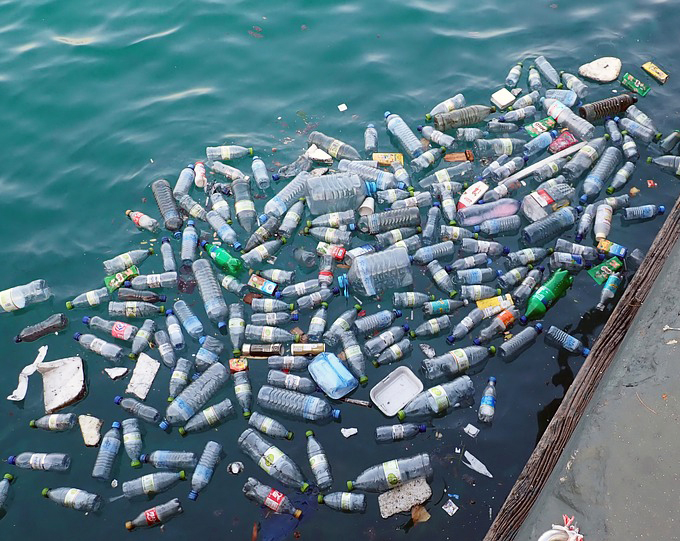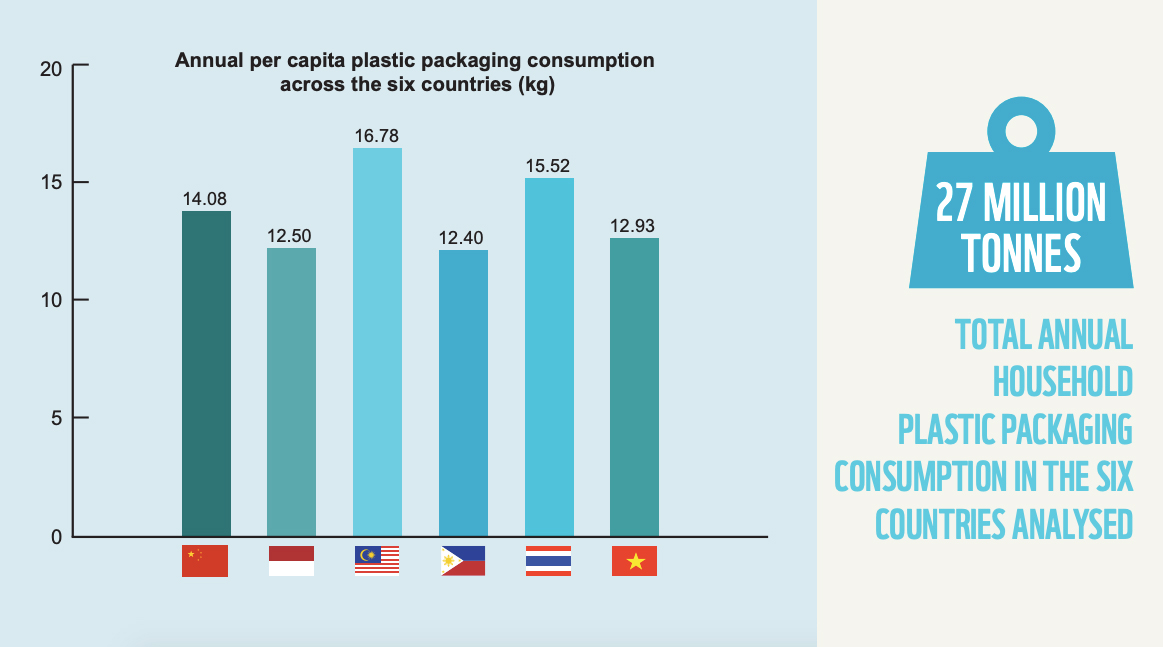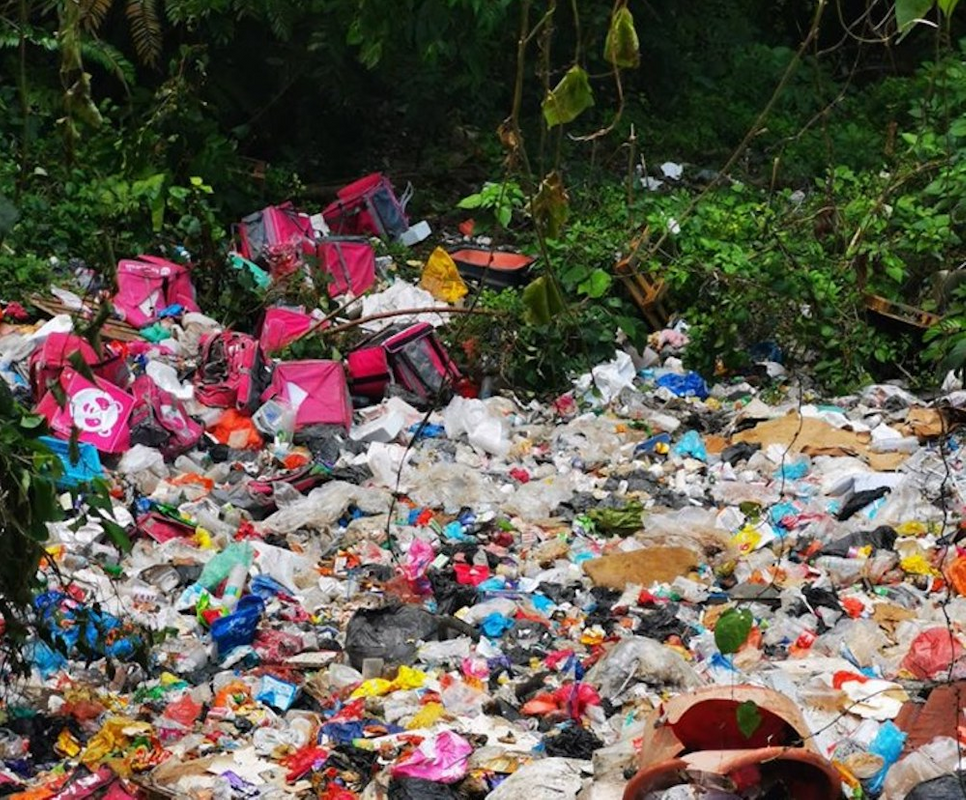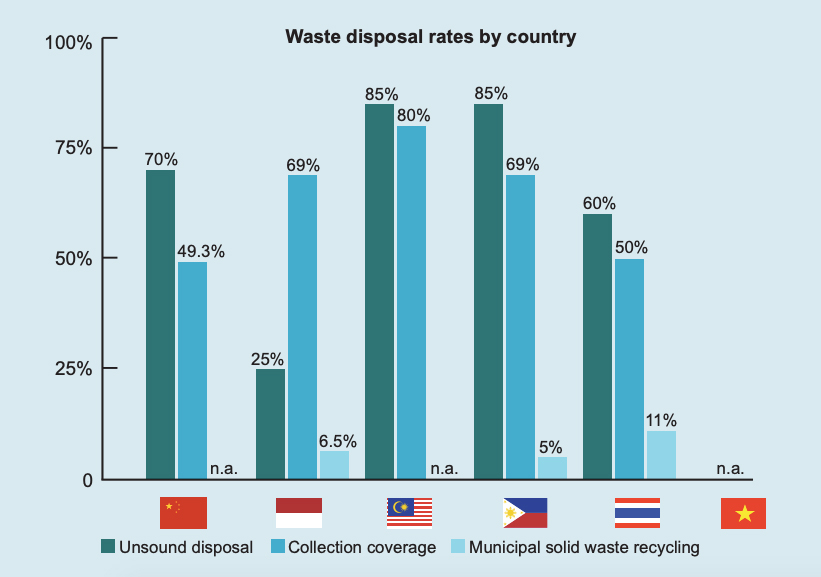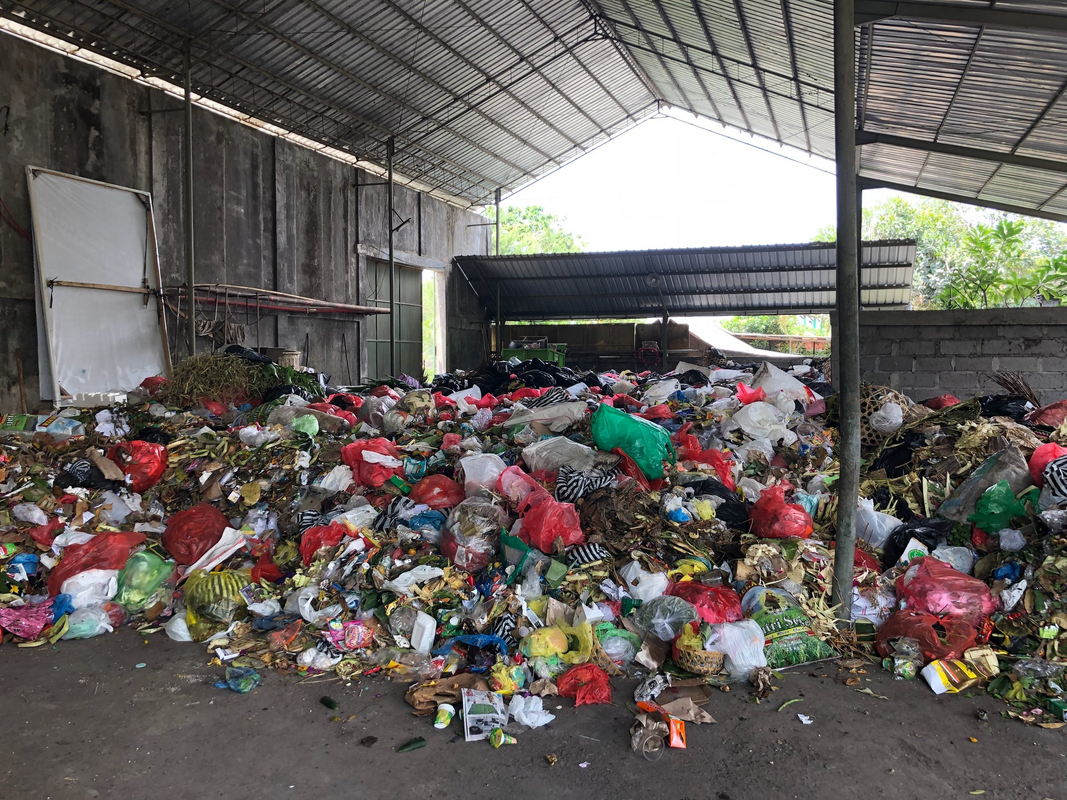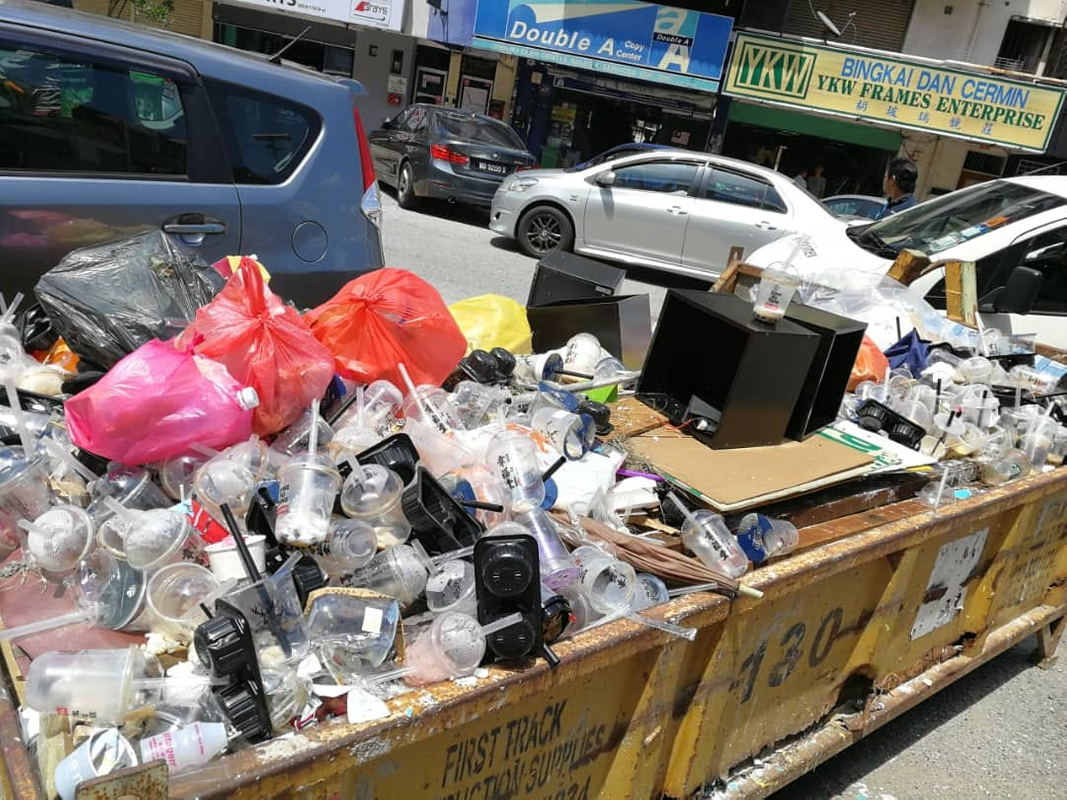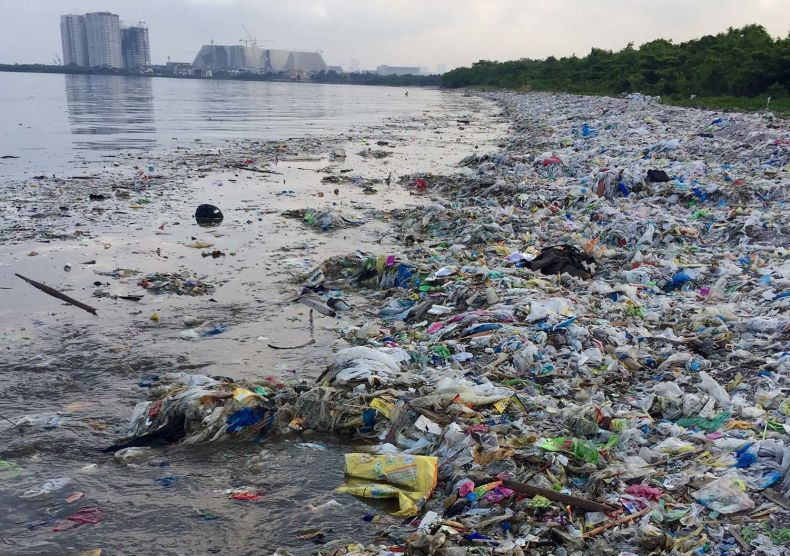Malaysia Ranks Highest Amongst 6 Asian Countries On Plastic Consumption
Each Malaysian uses an average of 16.8kg of plastic a year, highest among the six Asian countries studied.
A recent report by the World Wide Fund for Nature (WWF) found that Malaysia is among the worst consumers of plastic packaging in Asia
The 12-page report, titled Plastic Packaging in Southeast Asia and China, analysed six countries across Asia - namely China, Indonesia, the Philippines, Thailand, Vietnam, and Malaysia - based on reliable data from 2016.
The countries are reportedly responsible for 60% of the ocean plastic pollution in the world, which is about eight million tonnes of plastic, as highlighted in the report. To put it into perspective, that is approximately the weight of 13 Petronas Twin Towers.
Among the six countries, Malaysia ranked highest in annual per capita plastic packaging consumption
Each Malaysian uses an average of 16.8kg of plastic per year, followed closely by Thailand at 15.5kg per person.
WWF's coordinator of work on a plastic circular economy, Thomas Schuldt, explained that Malaysia's high consumption of plastic is because the country is among the wealthiest, reported Reuters.
"There is lots of food delivery, which is plastic packaging-heavy - but in addition, there are also a lot of day-to-day products bought in supermarkets," said Schuldt.
Facebook user Andy Hickson found an illegal dumpsite filled with food delivery trash in Gombak, Selangor last November.
Image via Malay MailBesides that, Malaysia is also the country with the poorest waste management system
According to the report, only 15% of the total waste is safely disposed away, despite local authorities having a waste collection coverage of 80%.
Indonesia ranked the best among the six countries, with merely 25% of unsound disposal in the nation.
"Segregation of waste is rare, and very little municipal waste is recycled," the report noted.
"When recycling does happen, it usually depends on the informal sector, private enterprises, or community initiatives.
"These countries often lack resources for effective waste services, even though solid waste management makes up a higher share of municipal expenditure on average, at 19% in low-income countries and 11% in middle-income countries, compared to just 4% in high-income countries."
Unlike many developed countries, Malaysian households are not obligated to segregate trash by categories, such as paper, plastic, and organic waste.
Experts say countries with poor garbage collection services and infrastructure create a "perfect storm" for waste leaking into the surrounding seas
They have also attributed Asia's fast-growing economies, populations, and densely inhabited cities near coastlines to high plastic pollutions in oceans, reported Reuters.
Due to Malaysia's waste not being segregated, it always ends up in landfills. Such a condition allows the waste to be washed into rivers and seas during extreme weather.
Thus, Schuldt urged the Malaysian government to introduce regulation to limit single-use plastic
Single-use plastic waste photographed in SS15, Subang Jaya last May.
Image via Christine Chen/FacebookHe also advised Malaysia to encourage manufacturers to use less plastic packaging and improve recycling structures in the nation together with the help from businesses and green groups.
It is learned that Malaysia's reported recycling rate was 24.6% in 2017, according to findings in a separate WWF report.
Although it is a commendable improvement from 15.7% in 2015 and 9.7% in 2012, it is still far from the standard achieved by other nations - such as, Germany (66%), Singapore (61%), and Taiwan (55%).
When Reuters reached out to the Ministry of Energy, Science, Technology, Environment, and Climate Change (MESTECC) to comment about the report's findings, the ministry declined to respond
However, its minister, Yeo Bee Yin, has supported another recently published study conducted by the WWF.
In the study's foreword, Yeo reiterated the Malaysian government's initiative to turn the country into a zero single-use plastic nation by 2030.
You can read the study, titled Sustainable Retailers Scorecard 2019, here - or the aforementioned report, Plastic Packaging in Southeast Asia and China, here.
